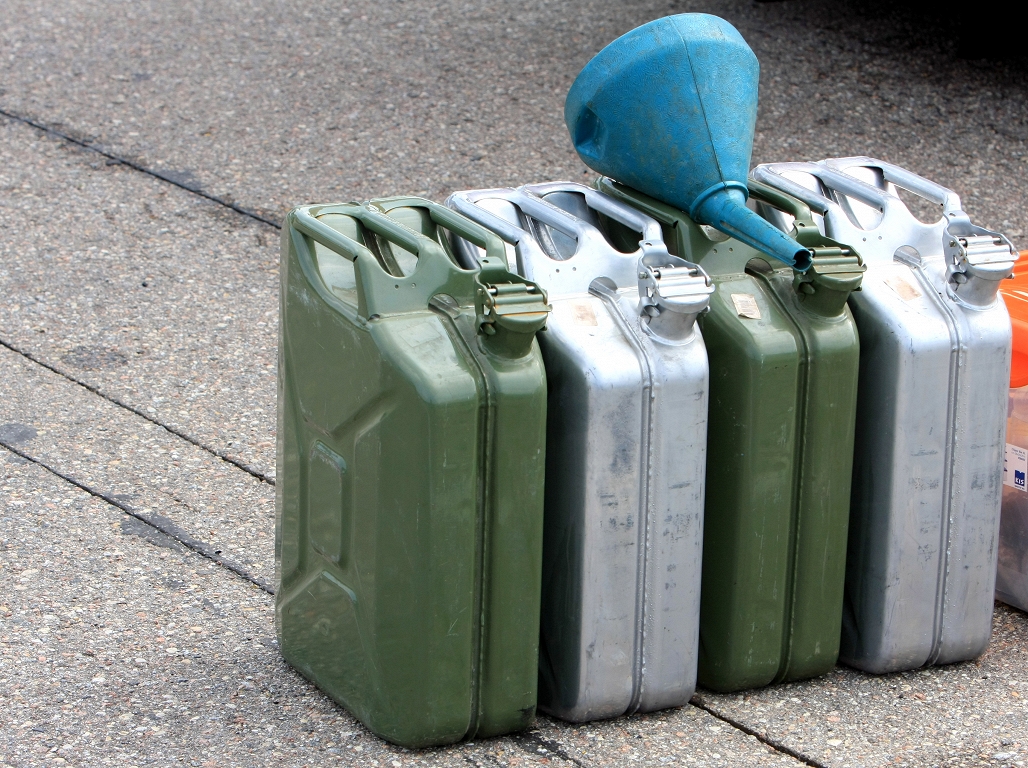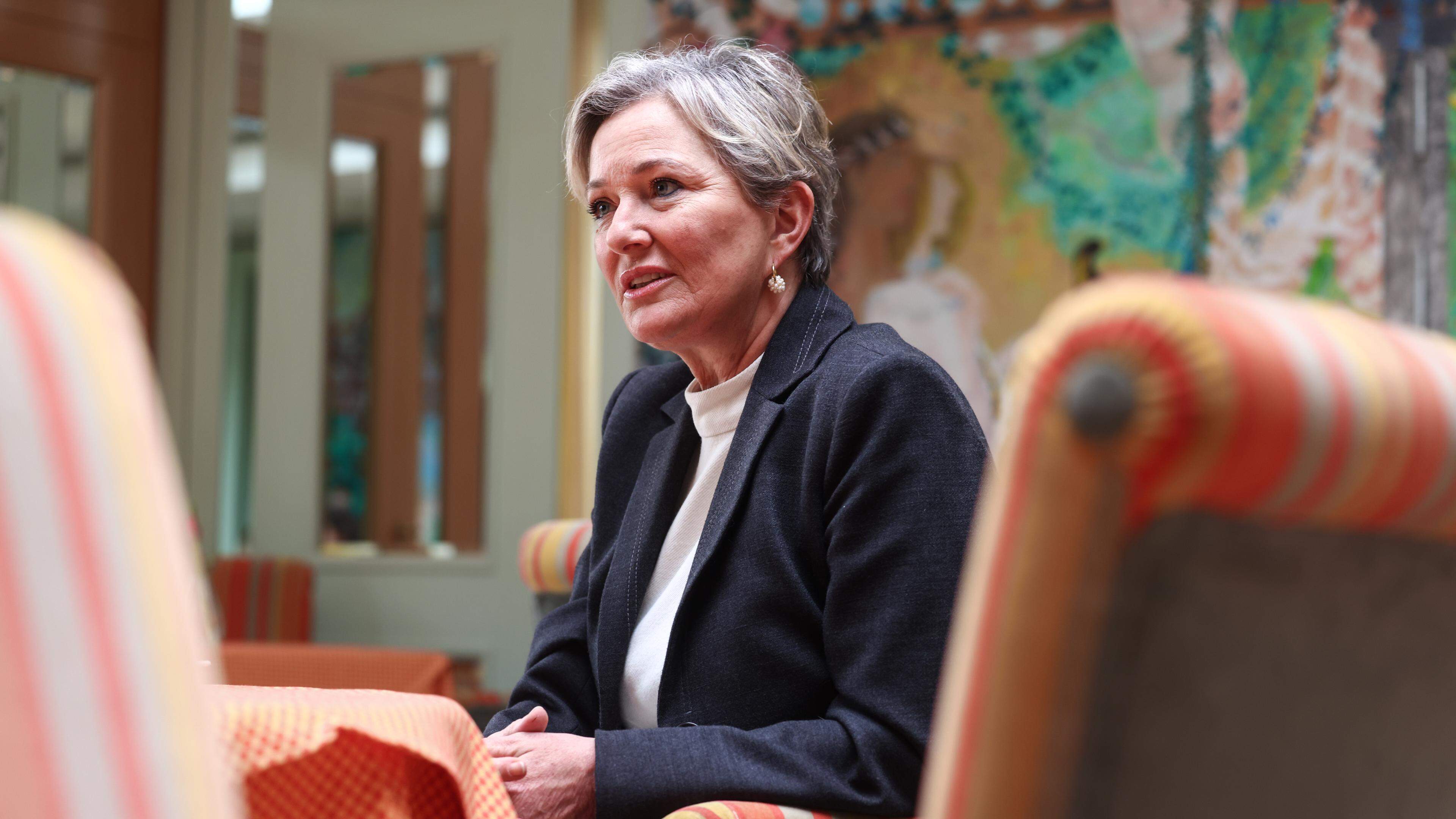Kunsthandel is concerned about new European law: ‘counterproductive’
/s3/static.nrc.nl/images/gn4/data133840374-306962.jpg)
Complicated, counterproductive, devoid of a sense of reality and leading to a decline in the supply of non-European cultural heritage. The artificial industry is very concerned about Regulation (EU) 2019/880the stricter rules that apply from 28 June to the import of cultural goods to the European Union.
The regulation is part of an action plan to combat terrorism financing and must help to prevent illegal trade in art and antiques. The stricter rules apply to all cultural goods, from books and furniture to musical instruments and paintings. If they are made or discovered outside the EU, being older than 200 and have a value of more than 18,000 euros, they fall under the new scheme. The rules are even stricter for archaeological objects: there is no minimum value for this.
Applying for the necessary import permit or importer’s statement is via a European digital system (Traces NT). In this database, importers must upload proof of legal output from the country of origin and seven photos of the object in question. Customs checks whether the input goes according to the correct rules. The Government Information and Heritage Inspectorate assesses the application and grants the import permit within a maximum of 90 days.
Terrorism financing
Industry organizations have lodged in vain to the regulation in recent years, Just like the anti -money laundering arrangement that has been in force earlier. After the attack on the editors of the magazine Charlie Hebdo And the publication of the ‘Panama Papers’ with revelations about tax evasion, both in 2015, the European Commission placed the art and antique trade in the branches where the risk of money laundering and terrorism financing would be strongly present.
Is before that Despite many studies Never found evidence, says Vincent Geerling, chairman of the International Association of Traders in Antiques (IADAA). « And yet the European Commission Iron Hetig has continued with this regulation. »
According to Geerling, collectors and traders of mainly non-European cultural goods are the victims. He speaks of « very poor legislation that will hardly have any effect on the goals set. » The barriers will discourage collectors, traders and other art buyers from buying outside the EU, he predicts. So bad news for London, the center of the European Art Trade that has been confronted with substantial turnover loss since the Brexit. Eventually the regulation will also be disastrous for the diversity of the offer, the chairman of the trade association expects.
With retroactive effect, demonstrating legal output is an impossible requirement for most old art objects, says Geerling. « These are objects that have often changed ownership many times. In the rare case that old export permits have been stored, they are often described for multiple objects at the same time, very briefly and in any case without images, so that such a permit is unusable as proof. »
Another obligation, demonstrating when an object has left the country of origin, is often impossible according to him. Even the question of which country it is is regularly problematic.
According to Geerling, the law is also unjust: the regulation assumes that cultural heritage is infected, unless the importer can prove the opposite. In his eyes, that principle is contrary to the fundamental legal principle of innocence until the contrary has been proven. When asked whether the new legislation may also have good sides, Geerling replies: « Perhaps it makes it more difficult to import cultural heritage that has been removed illegally from conflict areas. »
Tefaf
Hidde van Seggelen, chairman of the leading Maastricht art and antique fair Tefaf, also has great reservations about the new legislation. « With new legislation, it is not made the art industry easier. For me, the question raises whether we still want such a scholarship as TEFAF in Europe, such a platform for cultural exchange? »
According to the TEFAF chairman, the threshold for importers statements (18,000 euros) should have been much higher, above 100,000 euros. « Getting the permits is a labor -intensive and time -consuming process. The preparation time for trade fairs is now getting longer and longer for traders and transporters. » Large companies have had to hire people for this, he says, for smaller companies, the increased paperwork, also due to other legislation against money laundering, can hardly be raised. Van Seggelen: « That administrative hassle removes the enthusiasm from the market. »
The TEFAF chairman is also concerned about all the privacy-sensitive data that importers must upload in the new EU database. « Whoever bought what, and where it goes, is recorded. If you buy five expensive laptops for 25 mille, no one asks for your name and address, but if you want to import an eighteenth-century watercolor suddenly. »
Vera Carasso, director of the Museum Association, is the branch organization for the more than five hundred Dutch museums. According to it, the rules promote ethically responsible import of cultural objects. « In the past, many art objects have been traded illegally. This way of working gives more control. » The extra administrative and financial tasks are inevitable, says Carasso. « If a museum or trader purchases this is a logical act. »


:format(webp)/s3/static.nrc.nl/wp-content/uploads/2025/06/17120740/data133769168-121d3d.jpg)
:format(webp)/s3/static.nrc.nl/images/gn4/stripped/data125973883-9827de.jpg)


